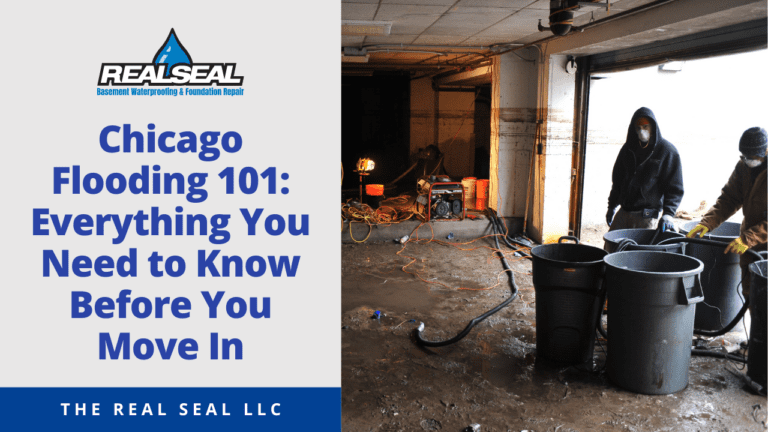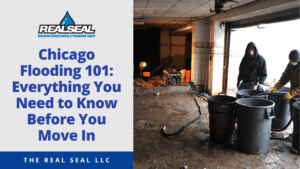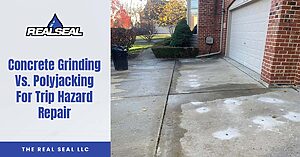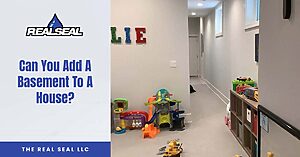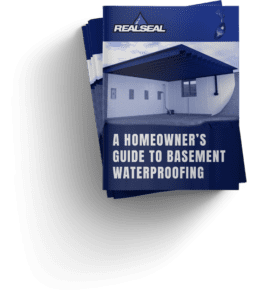Flooding can happen anywhere and at any time, especially if you live by a large body of water. Though there are limited ways to prevent a flood from occurring, you can still prepare for floods in your home and recognize the effect flooding has on an area.
What Causes a Flood?
There are a variety of ways that floods can develop and it doesn’t always need to be by a flood-prone area to occur. Naturally, floods can form from inundated streams resulting from heavy rainfall or stream blockages, or they can occur coastally due to tsunamis. Man-made flooding from bursting pipes or dams are common occurrences. In Chicago, the many rivers, like the Illinois River, and nearby Lake Michigan are likely to flood more often than if you lived further inland.
Immediate Impacts
You can expect a large flood to throw a wrench in your morning commute — many floods result in road and school closures. These conditions make it unsafe to drive as cars — and even bridges — can be carried away. Sometimes, emergency evacuations or rescues occur by boat when areas are closed off because of the water. Get your family to a safe location at a higher altitude if there is imminent danger. If you hear that a flood is coming and have time to prepare, it’s worth the cost to hire a basement waterproofing company to repair basement leaks and cracks.
Water Damage
One of the most obvious results from a flood is water damage. This can affect your home, car, and lawn. Though soil surrounding home foundations are recommended to slope six inches per every 10 feet to reduce flood water pools, this can still threaten the foundation of your home as soils subside over time. Before selecting a new home, look at the foundation and take note of any cracks that are forming. You may need to hire a basement waterproofing company to repair basement leaks or prevent future damage by waterproofing basement if your cracks are wider than a quarter of an inch.
Health Risks
Though it is often forgotten about, there are adverse health risks associated with flooding. Bacteria, debris, and pollutants are all carried in water that enters the floodplain. Be careful to sanitize often and stop pets and children from drinking stagnant water. Boiling water from your tap or buying bottled water from the store will also limit your health risks. After the water has receded, also watch out for debris left from the disaster, including sharp materials that can cause injury and any pollutants that weren’t carried away. If your home took on water damage, be sure to get rid of any organic items: this includes, cloths like bedding, and possibly furniture. These items will start to mold if they do not dry properly.
Flood Insurance
Flood insurance is a necessity when purchasing a house in a flood-prone area. It’s the best way to protect your assets and cover the risk of replacements. According to the Chicago Tribune, flood insurance usually costs around $700 a year, but high-risk areas can cost more. Getting a good basement waterproofing company or finding an experienced foundation repair service can be vital in lowering the costs of insurance and protecting your home.
